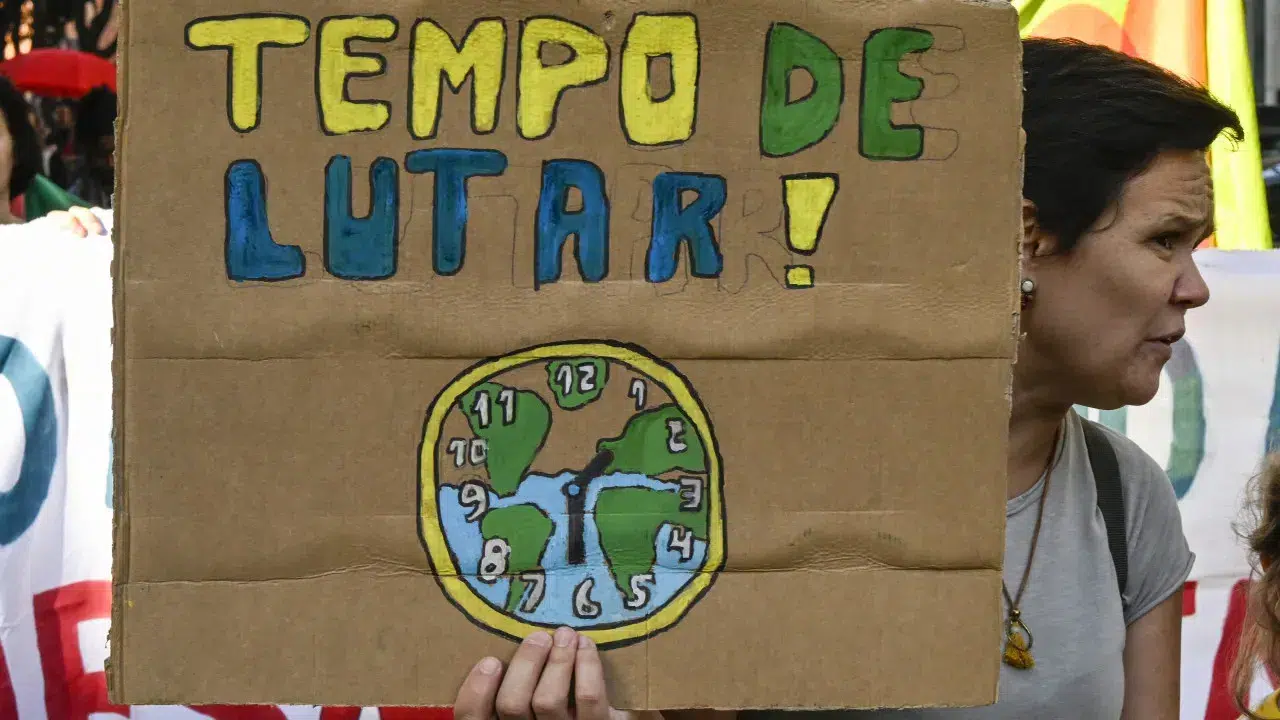
Zero – Associação Sistema Terrestre Sustentável issued a statement detailing their concern over a “central point of the agreement,” which is described as a “promise of 700 billion euros to purchase fossil fuels and nuclear energy from the United States over the next three years.”
The environmentalists expressed that this commitment will have a “negative impact” on decarbonization efforts. They urged “the European Parliament and Member States to examine and reject any elements of the agreement that undermine the climate objectives, energy sovereignty, or the international credibility of Europe.”
On Sunday, U.S. President Donald Trump and European Commission President Ursula von der Leyen announced a trade deal imposing 15% tariffs on European goods.
The agreement also includes the EU’s commitment to purchase 750 billion dollars’ worth of American energy (approximately 642 billion euros), aiming to replace Russian gas, and an additional investment of 600 billion dollars (514 billion euros). Furthermore, there are plans to increase the acquisition of military equipment.
“At a time when the EU should be investing in greater use of renewables and energy sufficiency as means to enhance its environmental and economic resilience, this alleged trade agreement amplifies the dependency on (imported) fossil fuels, jeopardizes decarbonization objectives (which already fall short of scientific recommendations), and sends the wrong signal to society and markets,” the environmentalists noted.
They argued that it is “not credible” to justify that “the volume of U.S. energy imports will replace Russian imports,” citing data from the European statistics organization Eurostat. It indicates that “the U.S. already holds a 50% share of the EU’s liquefied natural gas (LNG) market.” “Even if the remaining 17% provided by Russia were fully replaced, this would only add about 9 billion euros annually — just 2.5% of the Union’s total energy imports,” they said.
“In 2024, the total energy imports of the EU were valued at around 370 billion euros. Even in the most drastic scenarios, shifting oil and gas imports to the U.S. would yield less than an additional 100 billion euros annually, far below the target of 250 billion dollars per year announced in the agreement.”
According to Zero, this call aligns with a similar request by the European Environmental Bureau (EEB), which claims to be the largest network of environmental non-governmental organizations in Europe.




